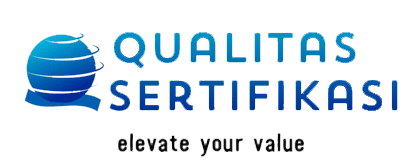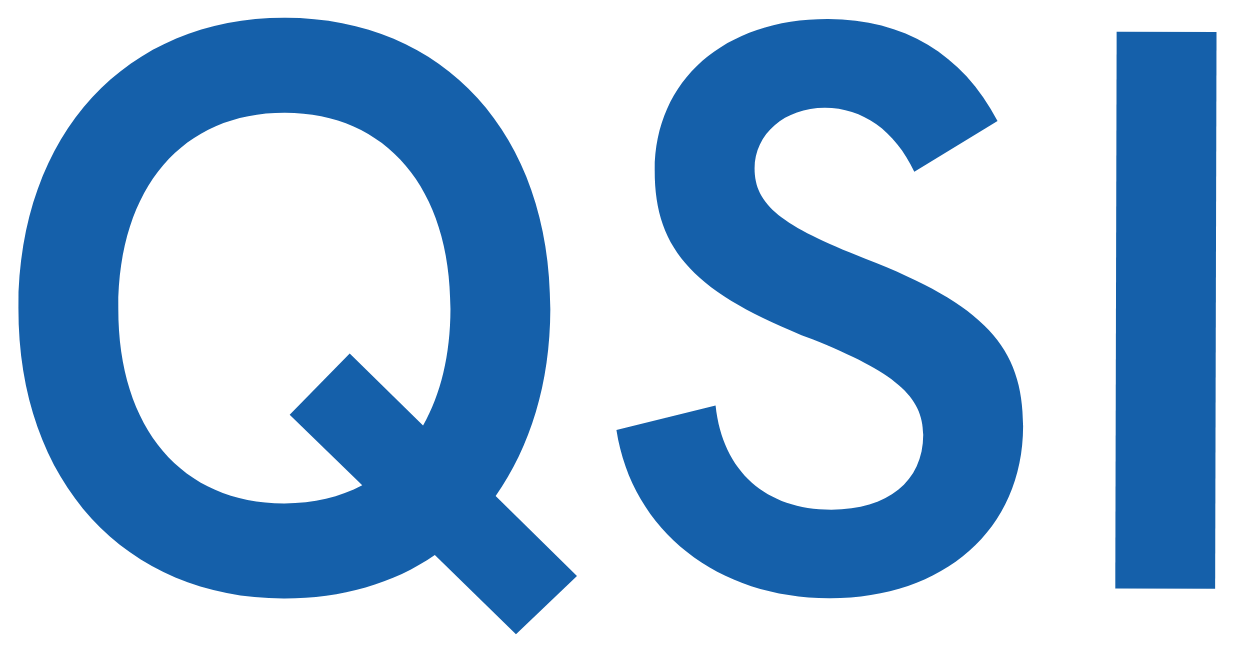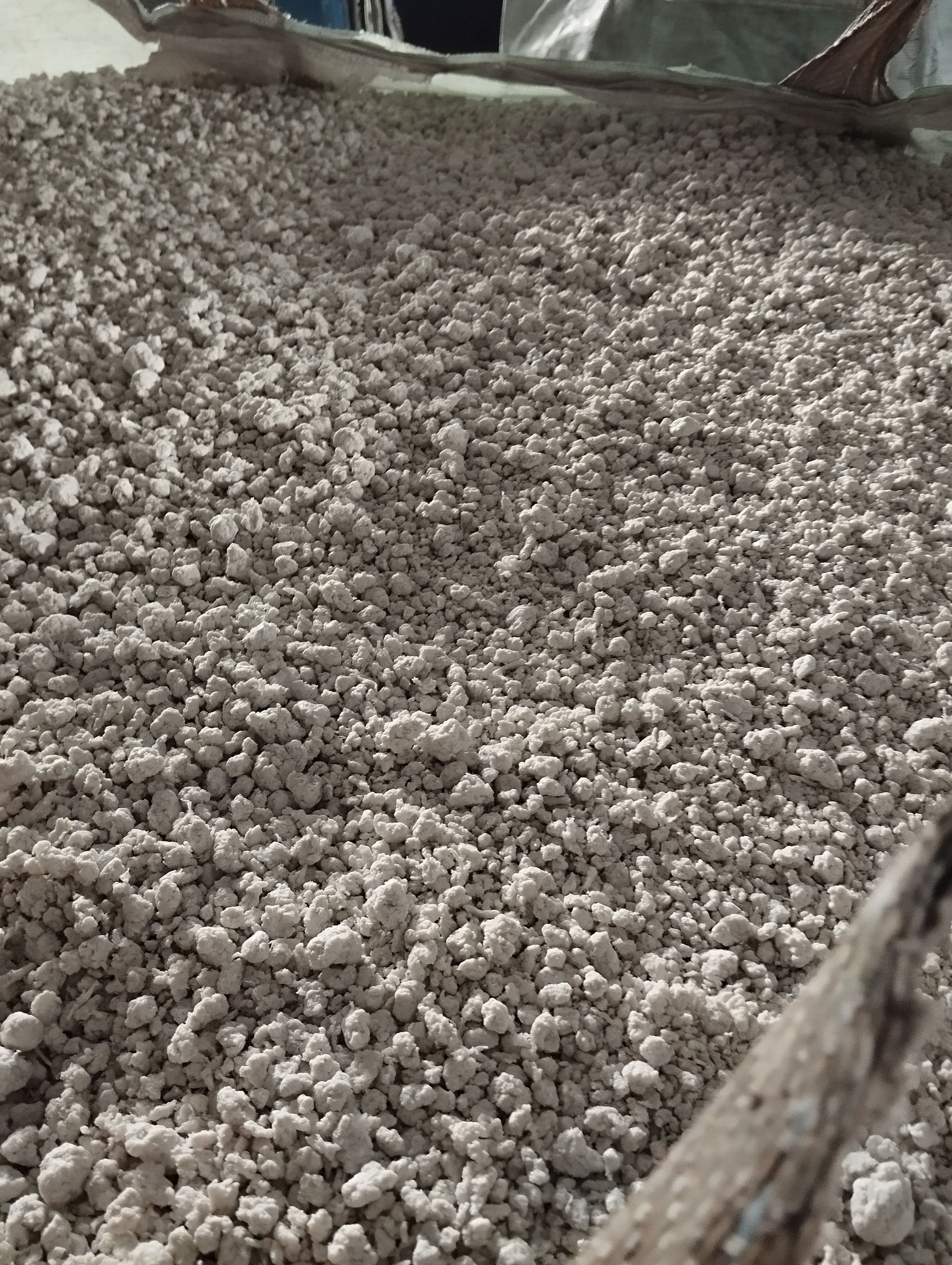RCS
The Global Recycled Standard (GRS) and the Recycled Claim Standard (RCS) both certify recycled content in products. But GRS requires a minimum of 50% recycled content and including additional environmental and social requirements related to processing and chemical use.
Materials Covered
For a full list of the materials, please visit this link.
Benefits of RCS
The RCS offers advantages for businesses committed
to sustainability and transparency in the supply chain:
Credible Claims
GRS eliminates the risks of self-claims, ensuring the authenticity of recycled content in products.
Market Access
Enables certified businesses to access new markets and strengthen their reputation in sustainable sourcing.
Verified Material Composition
Ensures that the actual recycled content in a product matches its claims, offering transparency and trust in material sourcing.
Restricted Chemical Use
GRS sets strict requirements on chemical inputs, promoting safer production practices and reducing environmental and health risks.
Who is This Certification for?
The ISCC CORSIA applies to businesses that produce, trade, or use sustainable feedstocks and aviation fuels to meet global carbon reduction goals in the aviation sector:
Textiles
Fiber Making, Yarn Manufacturing (Spinning),
Weaving, Knitting, Dyeing/Finishing
Garments
Athletic & Non-athletic Apparels
Footwears
Sneakers, Athletics, Luxuries
Plastics
Recycler, Molding, Blowing
Certification Process
1. Fill the Application Form
Companies must complete and submit the application form with the necessary details
2. Application Review
The submitted application is reviewed to verify completeness and eligibility
3. Complete the Audit Payment
Upon approval of the application, the company proceeds with the required audit payment
4. Plan the Audit
The audit schedule is arranged based on mutual agreement between QSI and the client
5. Conduct the Audit
An audit is performed to assess compliance with the relevant standards
6. Certification Decision
Based on the audit results, QSI decides whether to:
- approve, or;
- reject the certification.
If rejected, companies may follow the appeal procedure
7. Certificate Issuance
If approved, the certification is granted, and the certificate is issued.










